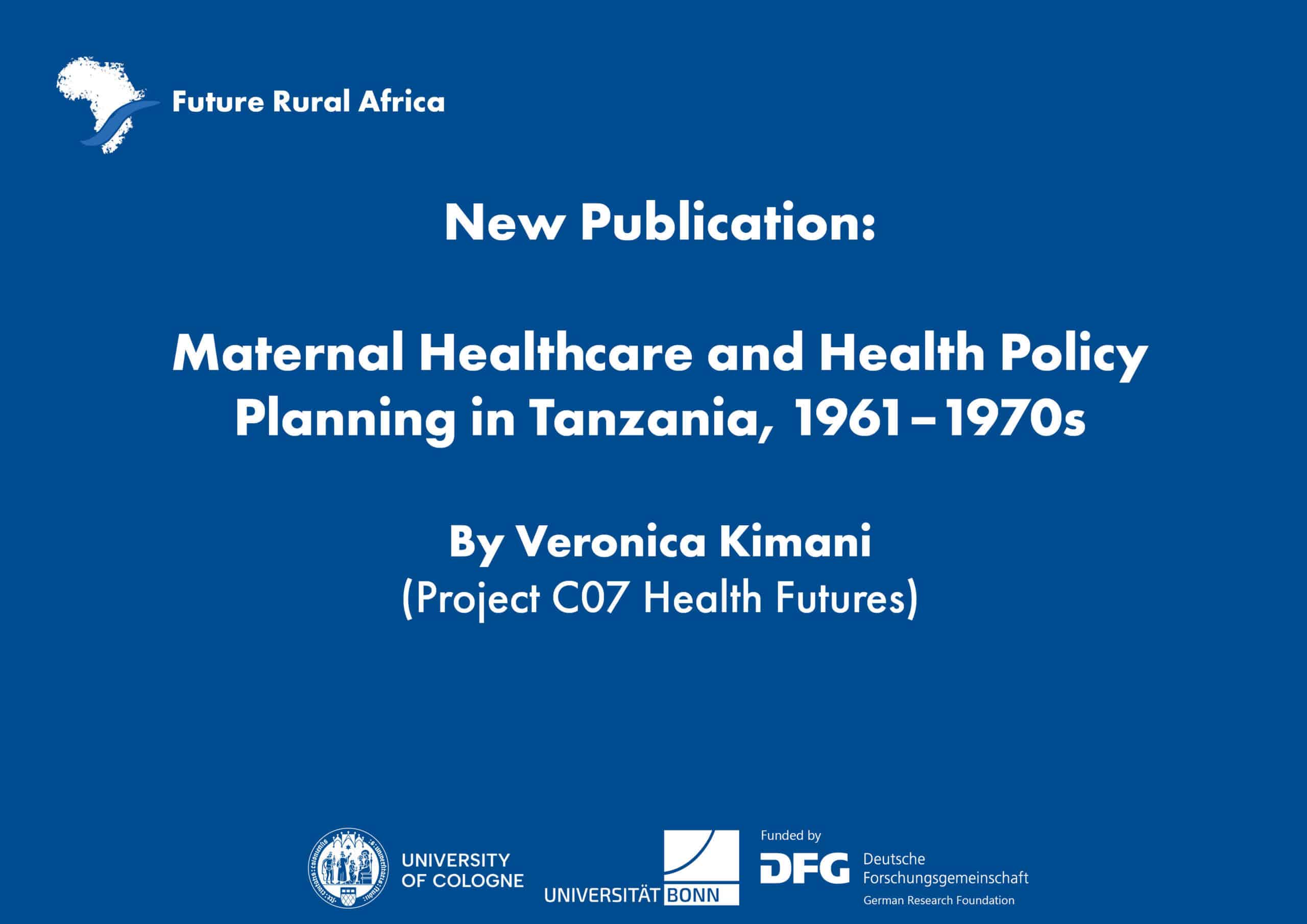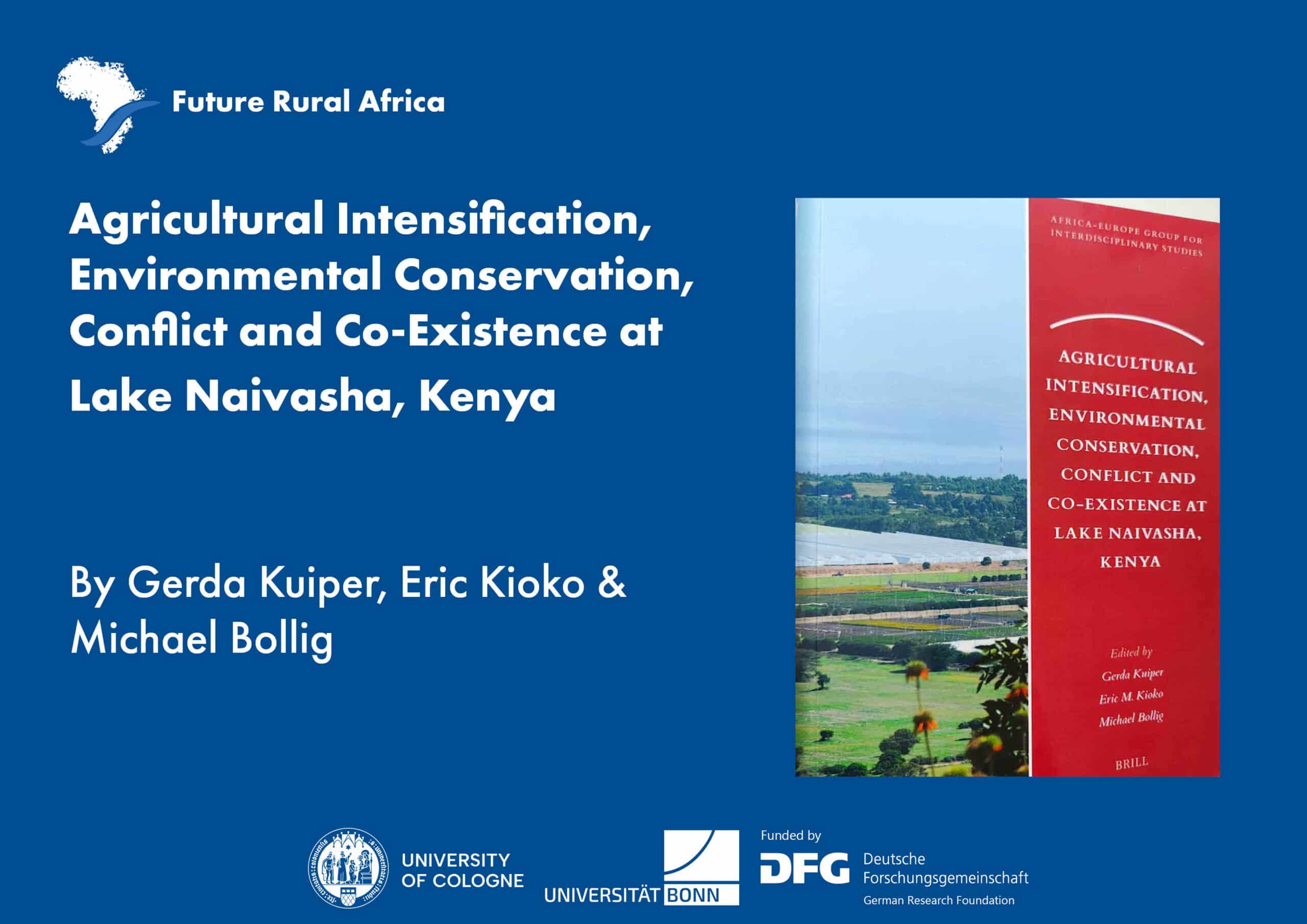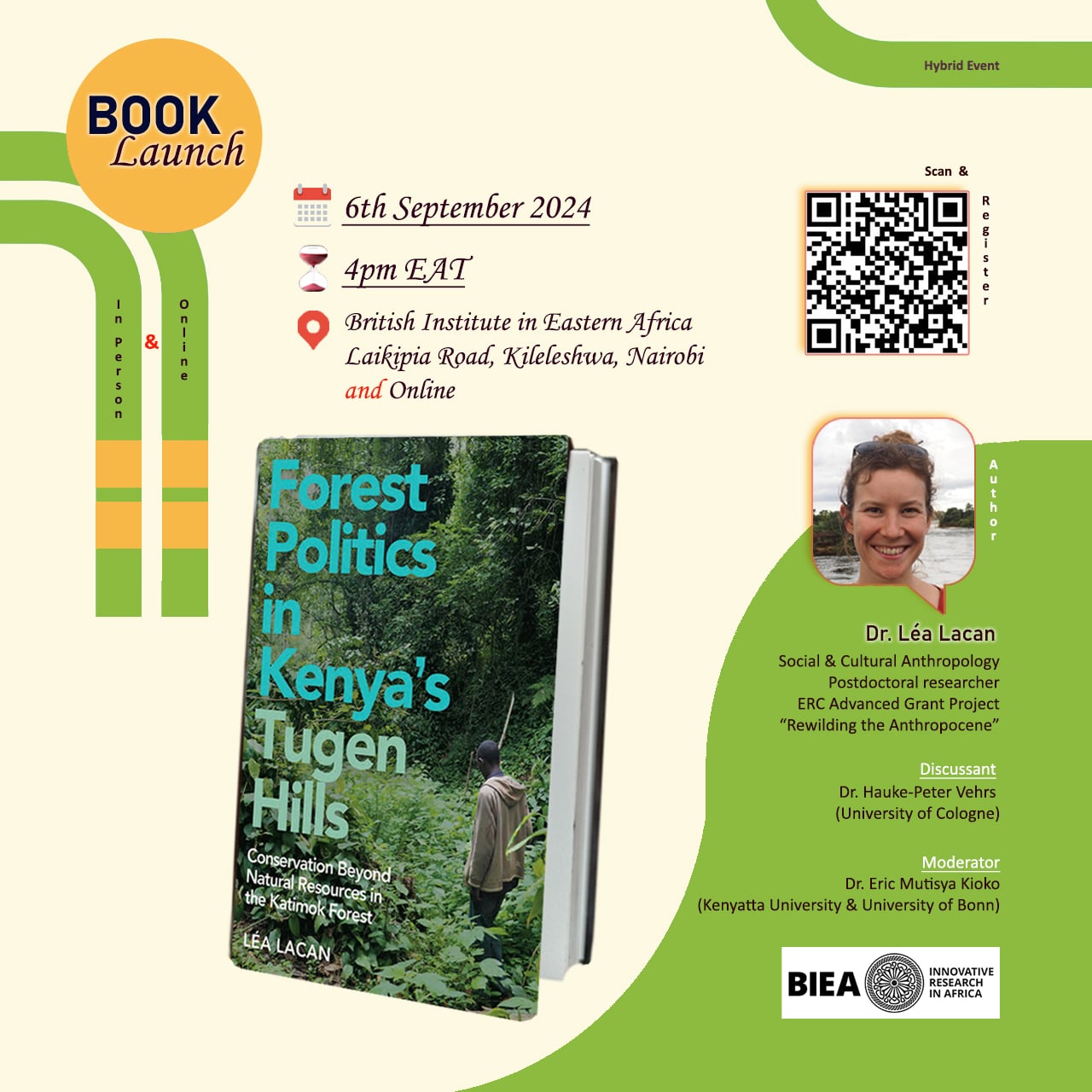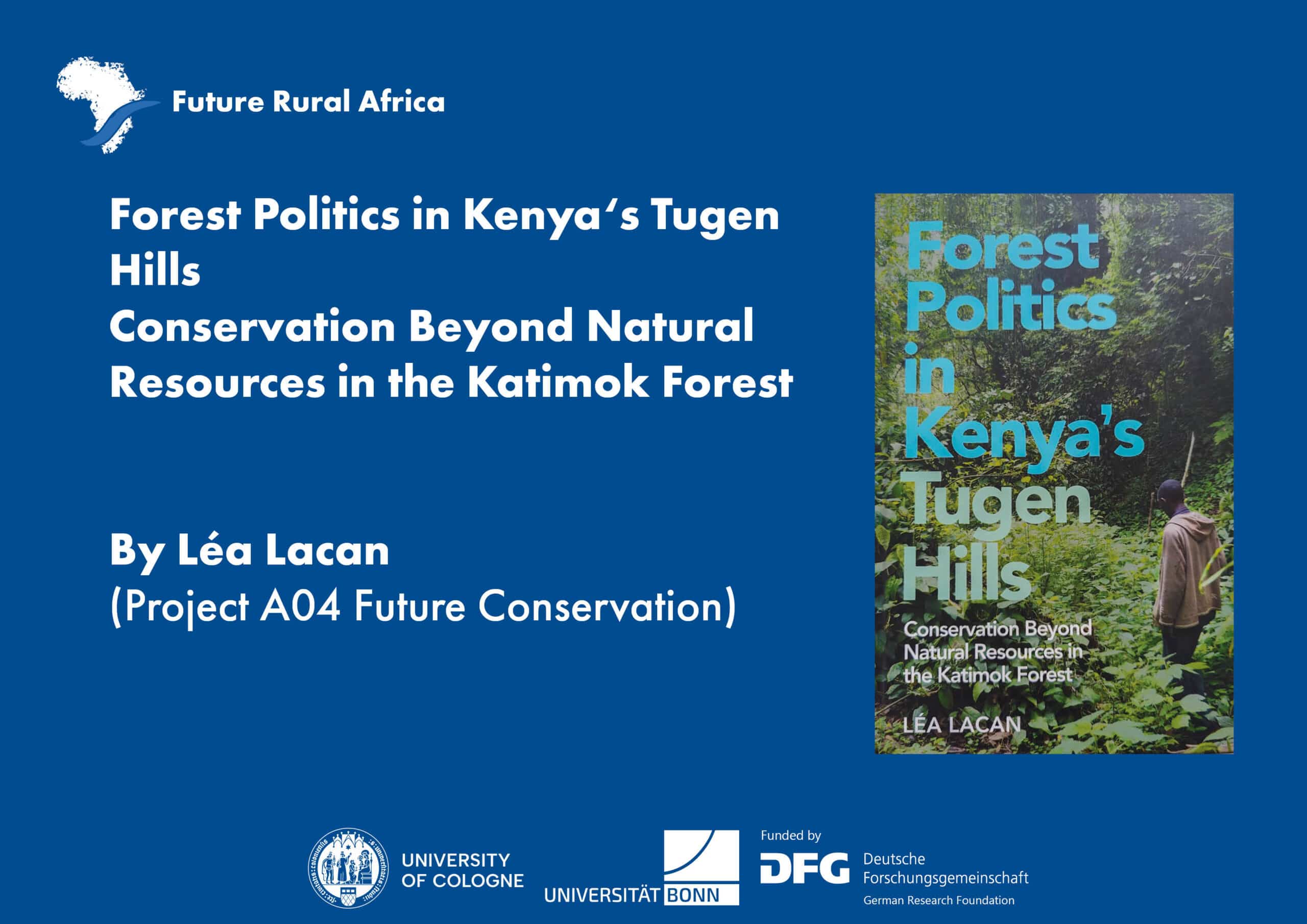Abstract submission deadline:
FR | NOV 04, 2022 |
Paper submission deadline:
TUE | AUG 01, 2023 (preliminary)|
Guest editors:
Johannes Theodor Aalders, University of Bonn (Institute of Geography), CRC Project C03; theo.aalders@uni-bonn.de
Prince Guma, University of Sheffield (Urban Institute), p.guma@sheffield.ac.uk
Evelyne Atieno Owino, Bonn International Centre for Conflict Studies (BICC), CRC Project B03; evelyne.owino@bicc.de
Gideon Tups, University of Cologne (Institute of Geography), CRC Project C01; g.tups@uni-koeln.de
Special Issue Abstract:
In this special issue we invite contributors to probe the connection between infrastructure and labour in Africa. A renaissance of infrastructure construction in Africa is today reshaping territorial configurations within and beyond the continent. Importantly, Africa’s new infrastructure projects are not only designed to provide public goods for domestic purposes, they are also entangled in global financial flows and (geo-)political imaginaries (Schindler & Kanai, 2021). To address multi-scalar infrastructural turns of such kind, scholars from critical infrastructure studies have insisted on emphasising the processual character of infrastructure as works-in-progress. This focus on the constant making, re-making and un-making of infrastructure reveals the multi-scalar and always unfinished practices that underpin the apparently stable, locatable and territorially fixed materiality of built infrastructure (Guma, 2022). Furthermore, perspectives on the “actual, grounded relationships between people, places, and processes through which [infrastructure] is constituted” (Graham et al. 2015; see also Simone 2004; Larkin 2013) make possible the scrutiny of postcolonial (dis-)continuities, gendered inequalities, as well as ecological contradictions (Chome, 2020; Enns & Bersaglio, 2019; Enns & Sneyd 2020). Lastly, they allow for an understanding of infrastructure as a process rather than a distinct, static or concluded thing, product, or output (see, e.g. Anand et al, 2018), thus highlighting the need to attend to the important question of the actual work and labour that goes into such processes.
So far, critical infrastructure scholars have analysed the politics of infrastructure-based imaginaries that accompany Africa’s renaissance of infrastructure construction (Gonçalves, 2020; Mkutu et al, 2021; Tups & Dannenberg; 2021, Zajontz, 2022). Others have provided grounded perspectives on the local and trans-local effects of built infrastructure (Aalders et al, 2021; Amankwaa & Gough, 2021; Castán Broto et al, 2022). Although many contributions have been more or less attentive to the performative and tangible practices of realising Africa’s infrastructure turn, outspoken considerations of labour as the pivotal mediator for planning, building, and – sometimes – resisting contemporary infrastructural promises of modernity in Africa remain scant.
In this context, this special issue challenges authors to understand infrastructure as works-in-progress and discuss infrastructuring processes in Africa through a distinct perspective on labour relations. A focus on labour relations, encourages the authors to critically address what forms of labour are mobilised in infrastructuring processes (infrastructuring labour) as well as how labour relations change due to the dynamic and countervailing nature of infrastructuring processes (infrastructured labour).
We contend that infrastructuring and infrastructured labour are both constituting an arena in which crucial struggles over geopolitics, resource exploitation, and climate change become visible and actionable. If social justice is to play a role in contemporary infrastructure politics, labour struggles must be acknowledged and involved. Only then can new and persistent forms of marginalisation and resistance based on gender, race, and others be scrutinised. We recognise our role in these forms of resistance and hope to contribute to them by providing a forum for useful conceptualisations and empirical studies on the topic of infrastructure and labour in Africa.
We invite scholars from all disciplines to submit papers with innovative approaches, novel arguments, and commitment to critical analyses. Contributing papers might address the following broader research aims. We are also open to alternative perspectives, if they relate to the Call for Paper’s main text:
- What forms of infrastructuring labour are mobilized to realise Africa’s infrastructure boom? Special attention should be given to iforms of labour that often remain invisible in conventional discussions of labour (e.g. labour by women or undocumented immigrants)
- What forms of infrastructured labour are emergent under Africa’s infrastructure boom?
- What forms of labour resistance and collective organization emerge (or fail to emerge) around infrastructure projects in Africa?
- What are conceptual and epistemological benefits or contradictions of combining infrastructure with labour perspectives?
Submission instructions
Interested authors should submit an abstract of no more than 150 words to all four issue editors by November 07, 2022. The abstract should include a title, details of author(s), and the abstract text. We particularly invite authors from institutions in Africa to submit their contributions to the special issue.
The guest editors promise a fast decision on the final inclusion in the revised Special Issue proposal. All authors are invited to (optionally) join an internal one-day workshop (digital participation) and a paper session at the ECAS2023 in Cologne. Both events aim at furthering the debate among participating authors.
Keywords:
Critical Infrastructure Studies, Labour Geography, Heterodoxy, Social Justice, Africa






